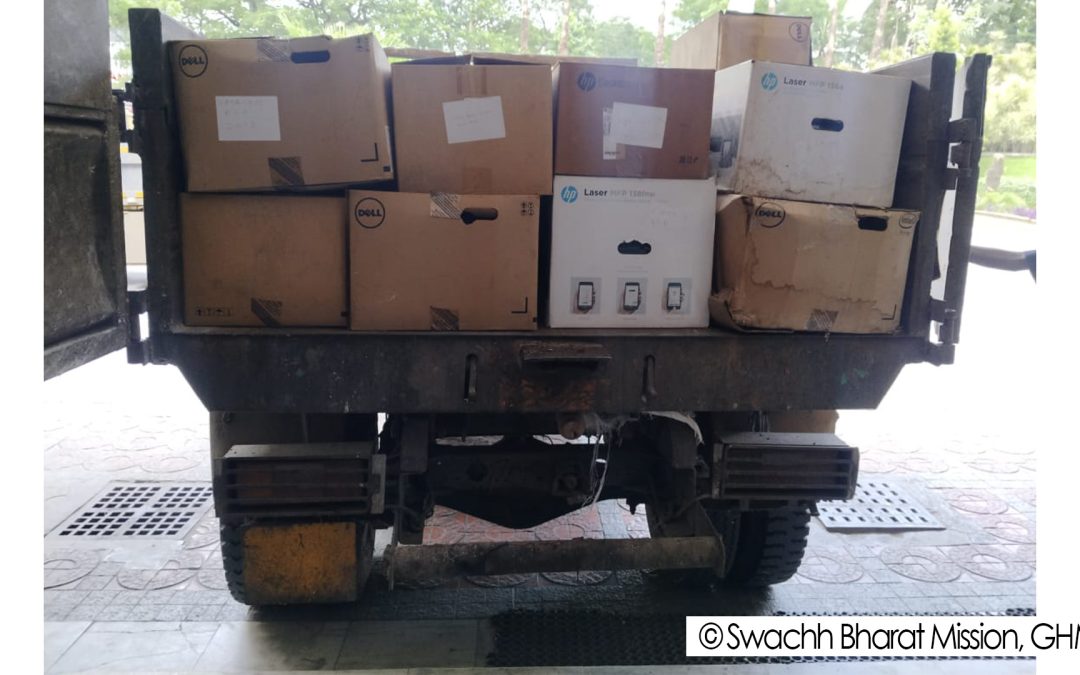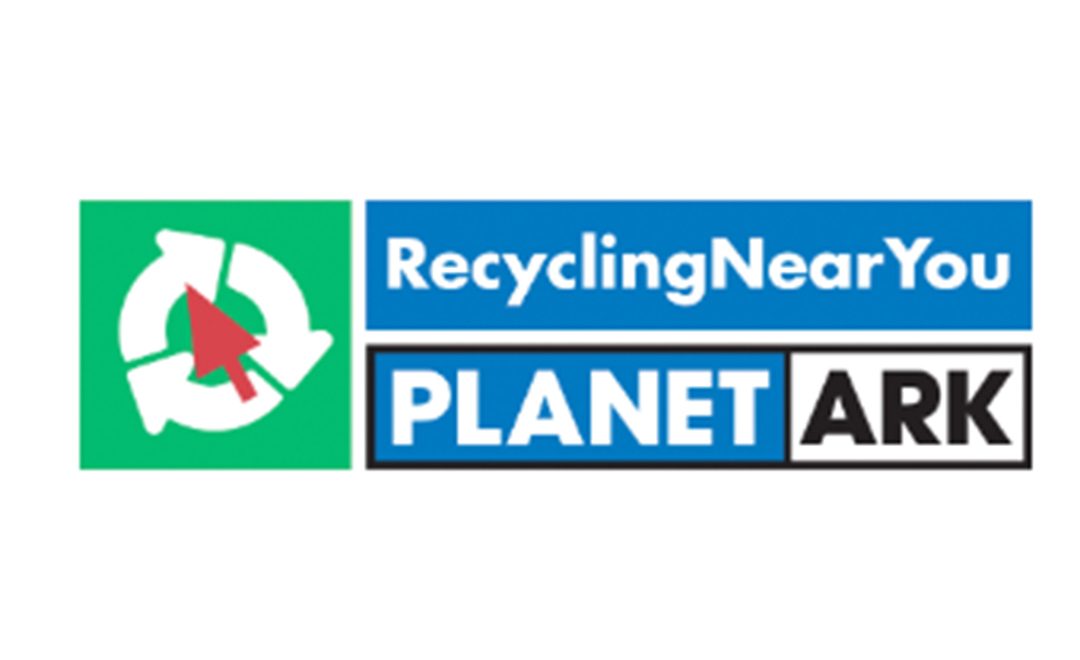
The city state is due to bring in new legislation to reduce the e-waste output of the island nation.
The Singaporean Government is set to introduce new regulations aimed at tackling and reducing e-waste, reports Channel News Asia. Masagos Zulkifli, the Environment and Water Resources Minister, announced last week that the government will adopt the Extended Producer Responsibility (EPR) approach, pushing more responsibility for disposal and recycling onto the manufacturers and retailers.
The minister called it a timely move, with 60,000 tonnes of e-waste generated each year, and more expected as the country moves towards an increasingly digital future.
“This means we have a target for the original producers to look at what they can do to retrieve this e-waste that is produced in the first place,” he said, adding that the target will be incentivised, possibly through a tax system, “to make sure this is something they can do effectively.”
Masagos cited the example of Denmark, who implemented the EPR framework in 2014 and as a result reached an e-waste collection rate of 76 percent. In the European Union, meanwhile, manufacturers, retailers, and recyclers are required to submit e-waste reports to the authorities.
Yet with the framework untested in Singapore, Masagos concedes it will not be easy to bring stakeholders on board; as a result, the government will begin with small collection targets and build up.
“We will take into consideration that it is new,” he said, “so we will slowly bring it up. Once the system gets better oiled, it will be more successful.”
There are currently existing recycling points within the nation – both Singtel and Starhub, local telecommunication companies, have collection points where customers can deposit old devices, whilst Fuji Xerox has been collecting used appliances from its clients since 1995.
Janet Neo, Fuji Xerox’s head of corporate sustainability, has also revealed that the OEM has appointed a full-time ‘green evangelist’, to educate its clients on sustainability, and boasted that the company has a recycling rate of 99.9 percent, owing to using many recyclable components in its products.




















